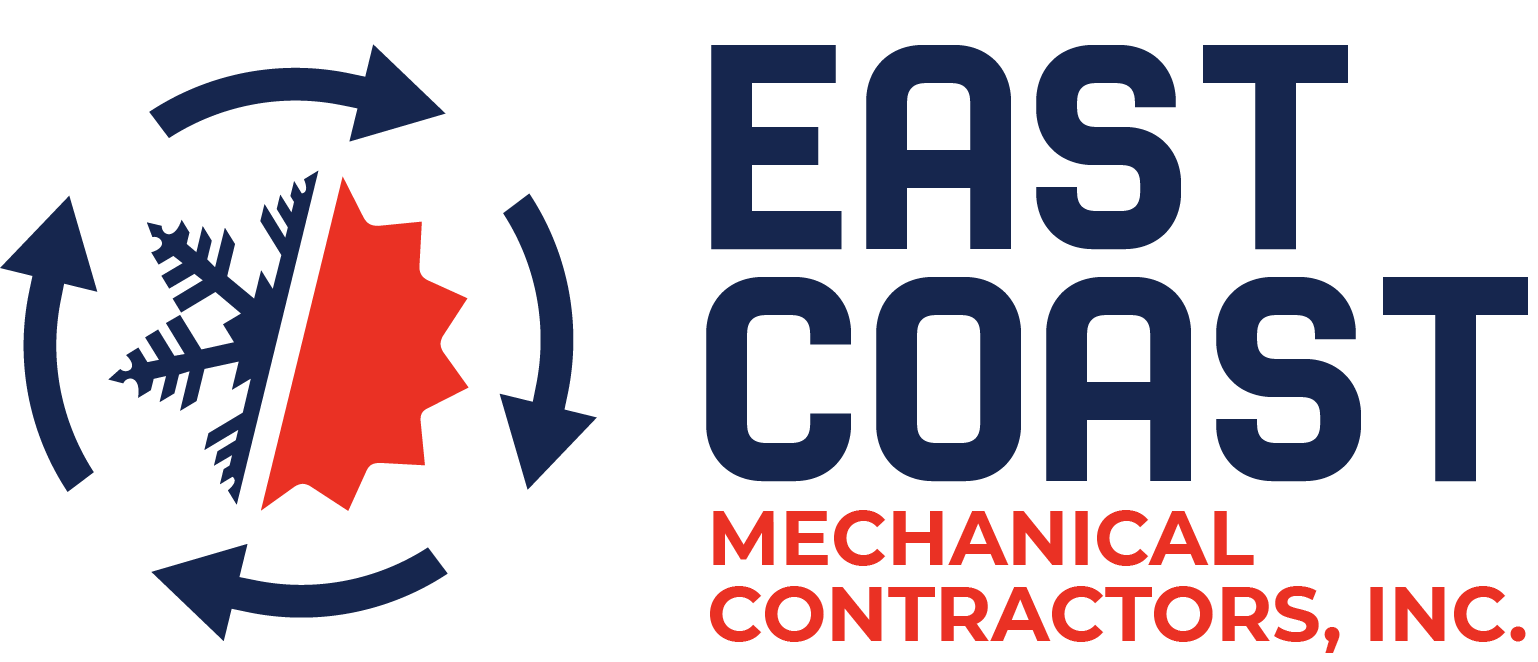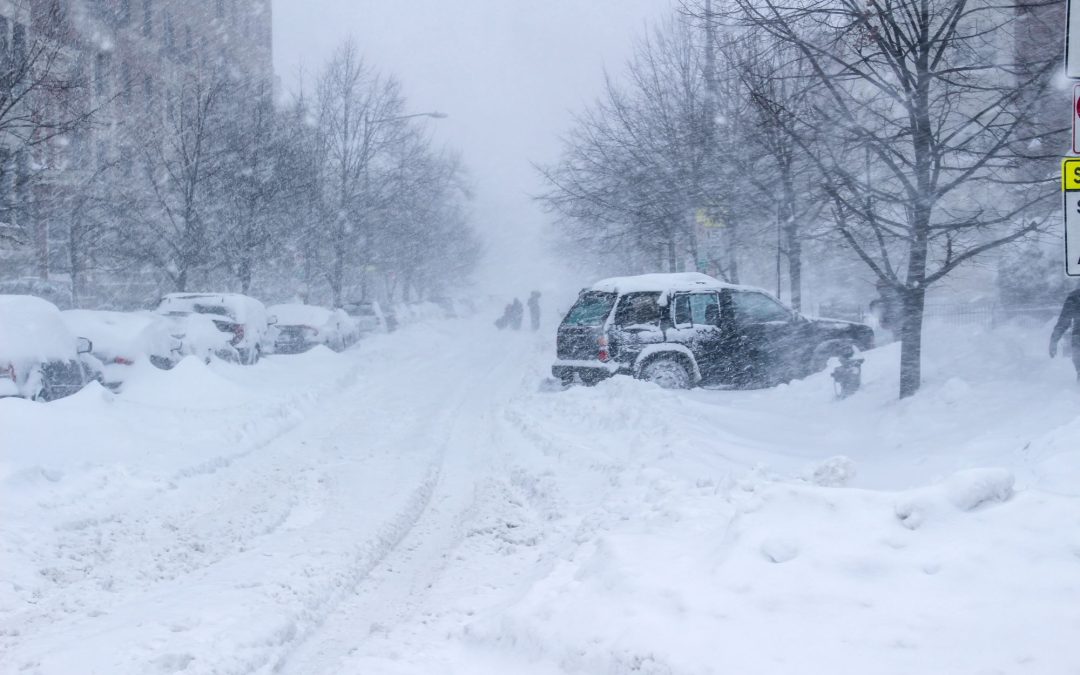The name blizzard originated in the central United States, where blizzards are brought by northwesterly winds following winter depressions, or low-pressure systems. In the United States and in England, the term is often used for any strong, heavy snowstorm with wind. The National Weather Service of the United States defines a blizzard as a storm with winds of more than 56 km (35 miles) per hour for at least three hours and enough snow to limit visibility to 0.4 km (0.25 mile) or less. A severe blizzard has winds of over 72 km (45 miles) per hour, visibility near zero, and temperatures of −12 °C (10 °F) or lower. A ground blizzard occurs when there is no falling snow, but snow is drifting and blowing near the ground.
Blizzards
On average, winters are getting warmer and shorter, with fewer places experiencing extremely cold temperatures. However, because the warmer atmosphere holds more moisture, blizzards are more likely to occur and be more severe in places where temperatures are still cold enough for snow.
It is difficult to look at a specific storm and say it was caused by climate change, but scientists are getting closer to doing so with a developing area of research called “extreme event attribution.” For example, the Snowmageddon blizzards of 2010 have been linked to higher-than-usual surface temperatures in the Atlantic Ocean. Part of this temperature increase can be directly attributed to global warming. Nevertheless, scientists are confident that global warming is making extreme weather events more likely.
How to Prep Your Heating System for a Blizzard
Sometimes, a few preventive steps can spare you from a flooded furnace or emergency AC fix due to a storm. Follow this Ready.gov to help prevent damage to equipment before inclement weather strikes. If your home is prone to weather damage, ask our HVAC professionals about installing systems in a specific way to help minimize weather risks.
Prevent furnace failure in a blizzard
Do On Your Own:
- Cool or heat your home as much as possible prior to storm.
- Unplug and remove window units prior to a storm.
- Keep exhaust pipes and vents clear of debris.
- Clean dirt and debris from your backyard to prevent it from blowing inside your HVAC unit, which can damage circuitry. Keep the area clear of things like garden tools and outdoor furniture.
Call a Professional
Hire a contractor to check the structural ability of the roof to sustain unusually heavy weight from the accumulation of snow – or water, if drains on flat roofs do not work. Talk to an HVAC technician about installing your AC unit in an elevated position if flooding is a concern. Talk to professional about surge protection. A whole house surge protector can prevent your electronic appliances from that next lightning strike or downed power line. Speak to a professional about placing protective covers over outdoor air conditioning units. Don’t just use a standard tarp, as moisture can accumulate under the covering. Tarps are also attractive to animals seeking shelter. If you’re in a pinch of time, use a tight canvas cover. Contact East Coast Mechanical to set up an appointment. If your heat stops working space heaters are a temporary fix to warm up small sections of your home. Be sure to use electric space heaters with automatic shut-off switches and non-glowing elements. Remember to keep all heat sources at least three feet away from furniture and drapes.
Blizzards and Heating
It’s important to have a backup heat source in case the power goes out. Stock up on extra blankets, sleeping bags and warm winter coats. If you have a fireplace or wood-burning stove, make sure you prepare with plenty of dry firewood.
Contact us
If you have an upcoming HVAC project, join hands with a licensed and insured contractor at East Coast Mechanical. Email: ecmcecmc@aol.com Address: 5133 W Hurley Pond Rd Suite A, Wall Township, NJ 07727 Hours: Monday to Friday 8 AM to 5 PM and Closed Saturday and Sunday.

